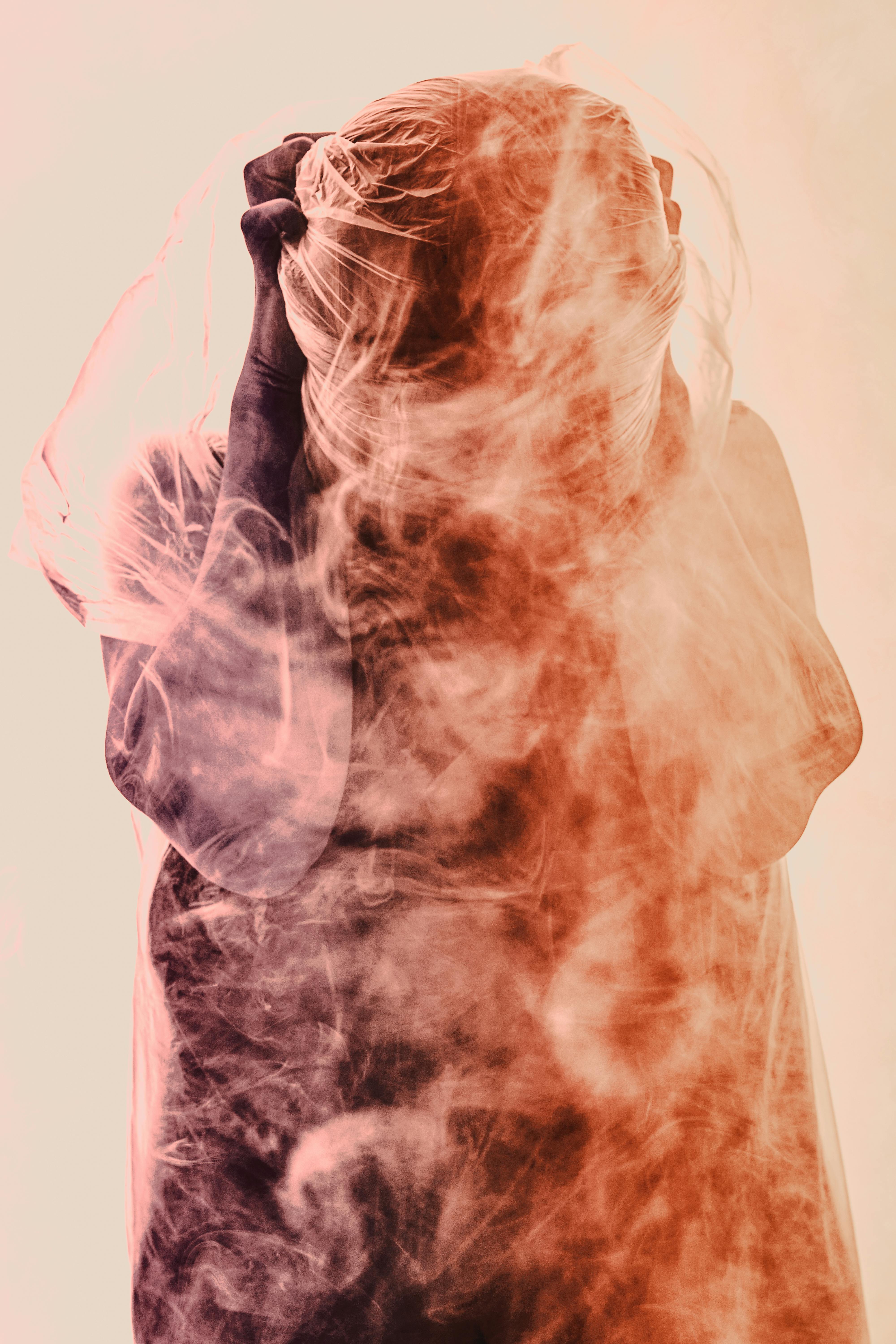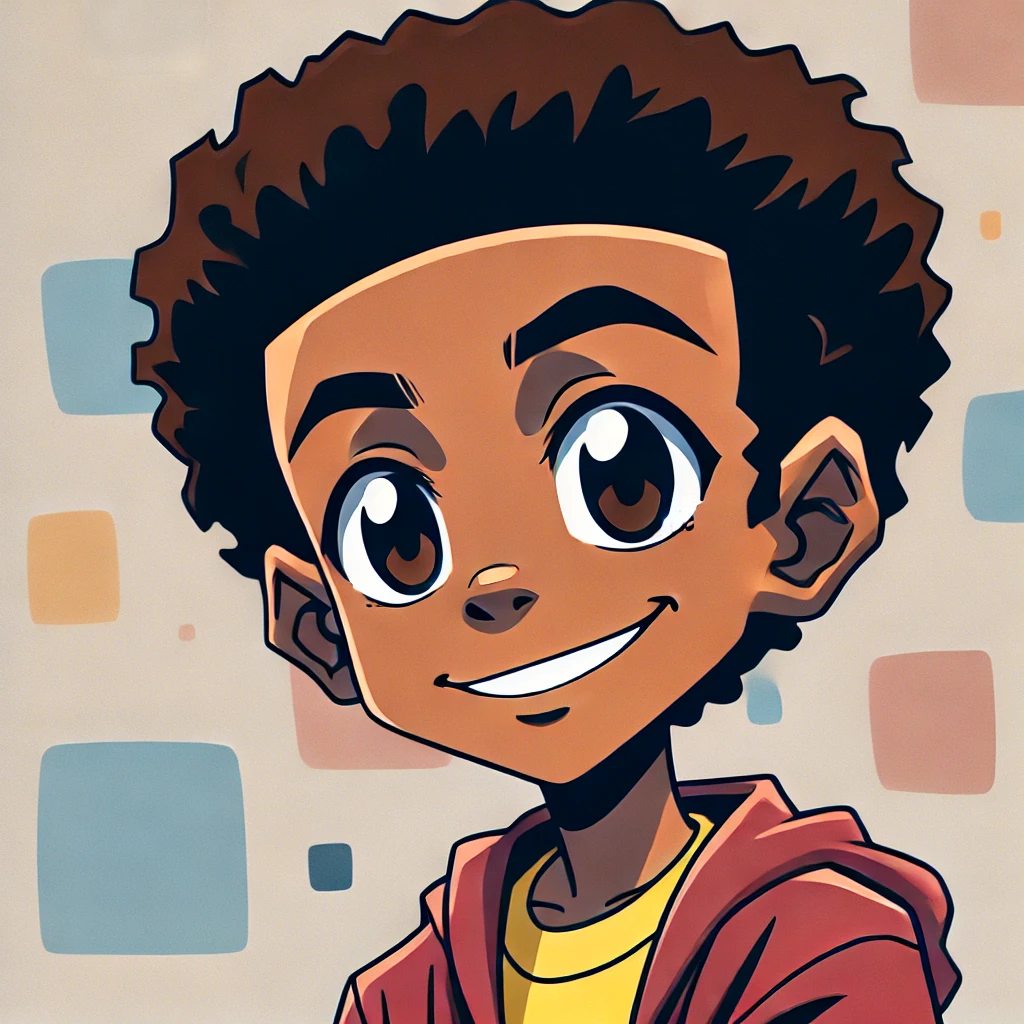
Posts

Name of the medical condition and other names that it’s been known by
• The condition is called "Depressive Disorder".
• It’s commonly known as "Depression".
What is Depression?
Depression is a common mental disorder characterized by a persistent feeling of sadness, loss of interest or pleasure in activities, and other symptoms such as poor concentration, feelings of guilt, hopelessness, disrupted sleep, and changes in appetite or weight. It can affect all aspects of life, including relationships, work, and school.
Depression can be caused by a combination of social, psychological, and biological factors, and it can lead to significant impairments in daily functioning.
How is Depression Diagnosed?
• Doctors look for symptoms that last for at least two weeks, like feeling sad, losing interest in activities, changes in appetite or sleep, low energy, trouble concentrating, and thoughts of death or suicide.
• They might use screening tools like the Patient Health Questionnaire-9 (PHQ-9) or the Beck Depression Inventory (BDI) to help diagnose depression.
• Lab tests might be performed to rule out other conditions that could cause similar symptoms, like thyroid problems.
• A clinical interview is often used to assess the severity of depression and to rule out other mental health conditions.
How is Depression Treated?
• Medication: Antidepressants can help balance chemicals in the brain that affect mood.
• Therapy: Talking to a therapist can help change negative thinking patterns and improve coping skills.
• Lifestyle Changes: Regular exercise, a healthy diet, and good sleep habits can make a big difference.
• Support Groups: Connecting with others who have depression can provide emotional support.
• Self-Care: Learning to manage stress, practicing relaxation techniques, and engaging in activities that bring joy can help.
Trend in the United States:
• In 2020, about 1 in 10 Americans experienced depression, and the rate was even higher, around 20%, for teenagers and young adults.
• Among people aged 18-25, almost 1 in 5 had a major depressive episode.
• For teenagers aged 12 to 17, around 5 million had at least one major depressive episode, which is about 20% of the population in that age group.
• In 2021, an estimated 21 million adults in the United States had at least one major depressive episode, which is about 8% of all U.S. adults.
History of Depression:
Depression has been recognized for centuries, but its understanding and treatment have evolved. The modern understanding of depression as a mental disorder has developed through scientific research and clinical observations.
The history of depression treatment includes various approaches such as psychotherapy and medications, and it has been influenced by societal attitudes towards mental health.
• CDC Centers for Disease Control and Prevention
• National Library of Medicine
• National Institute of Mental Health
• World Health Organization
For informational purposes only. Consult a medical professional for advice.
